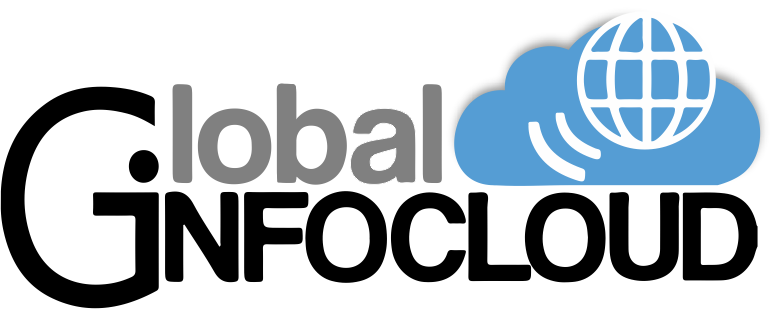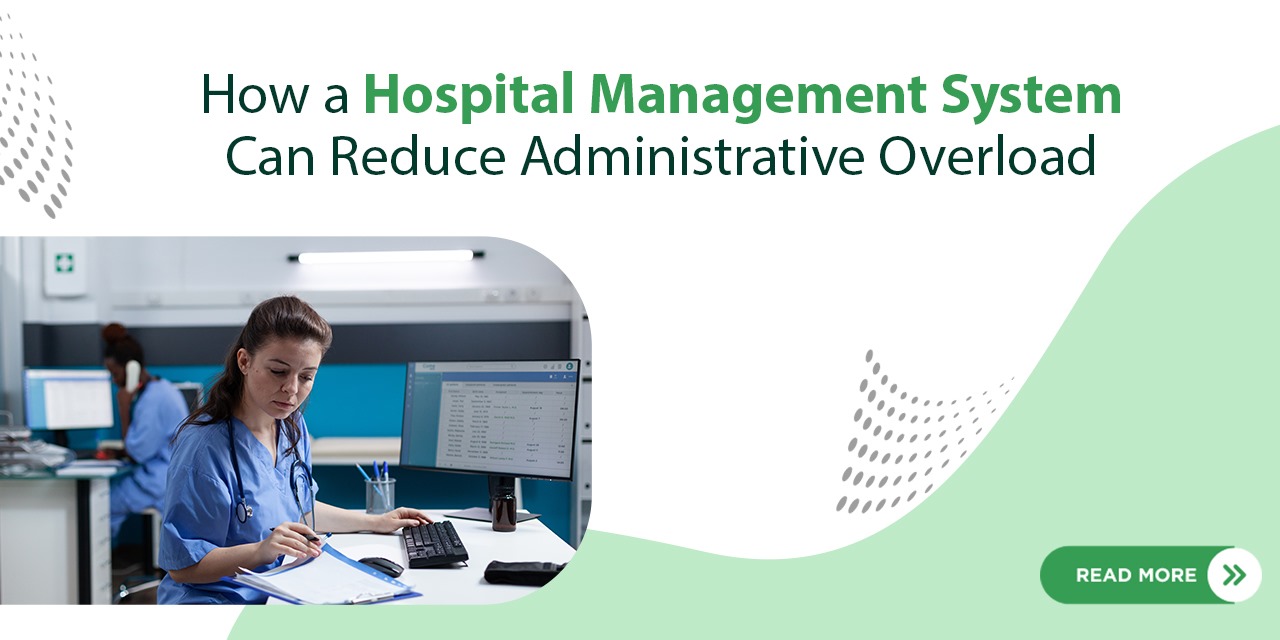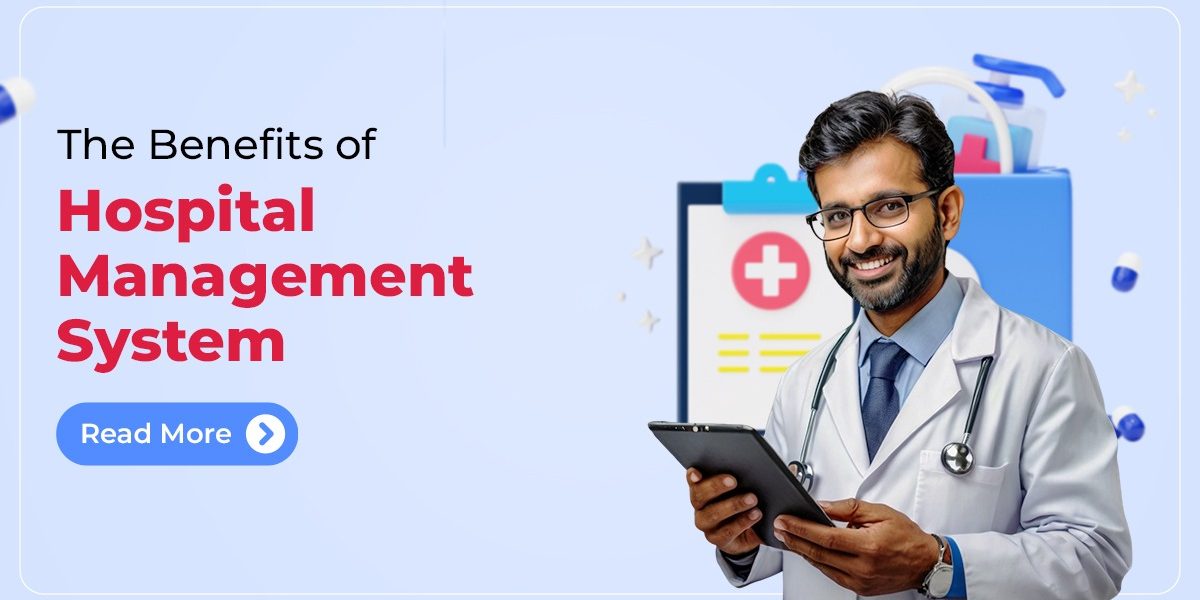The healthcare sector faces several challenges, from providing high-quality patient care to handling intricate administrative duties. Hospital administrators work to improve efficiency and cut expenses. They manage a wide range of duties, such as scheduling patients, keeping records, billing, and allocating resources. Acknowledging the need for all-encompassing solutions, Global Infocloud (GIC) introduces its ground-breaking Hospital Management System (HMS), which is set to completely transform how medical facilities run. Let’s explore how GIC’s HMS eliminates administrative responsibilities to create more efficient operations.
Understanding Administrative Challenges in Healthcare
In healthcare facilities, the administrative burden is complex and heavy. Inefficiencies, mistakes, and delays are frequently caused by manual patient registration, appointment scheduling, and medical record management procedures. These difficulties are further exacerbated by billing and processing insurance claims, which come with rigorous coding specifications and regulatory compliance. Furthermore, to guarantee the best possible use of resources, resource management tasks like inventory control and personnel scheduling require careful consideration.
What Hospital Management Systems from GIC Do?
The hospital management system from GIC is an all-inclusive platform made to automate and combine different administrative tasks in healthcare settings. These systems use technology to increase operational efficiency, improve data accuracy, and streamline procedures. Here’s how administrative burdens can be overcome with our HMS:
- Streamlines Patient Management
By automating registration procedures, appointment scheduling, and medical record maintenance, GIC’s HMS enables smooth patient management. Healthcare professionals may quickly obtain patient information from centralized databases, cutting down on wait times and improving the standard of service. Furthermore, technologies like electronic health records (EHRs) facilitate safe and effective data sharing between medical practitioners, improving patient outcomes and care coordination.
- Effective Revenue Cycle Management and Billing
The management of the revenue cycle and billing are essential parts of healthcare administration. By automating billing procedures, our HMS systems quickly and accurately produce insurance claims and invoices. Advanced features that reduce errors and quicken reimbursement cycles include claim tracking and coding assistance. Healthcare organizations can enhance their financial stability and concentrate on providing high-quality care by streamlining revenue collection and decreasing billing disparities.
- Enhanced Resource Allocation
Optimizing operational efficiency and cost-effectiveness in healthcare settings requires good resource management. Hospital management systems by GIC give administrators the ability to manage resources wisely by offering tools for staff scheduling, inventory control, and equipment maintenance. Decision-makers may optimize resource allocation and reduce waste by identifying inefficiencies and implementing targeted adjustments with the use of real-time insights about resource utilization.
- Reporting and Regulatory Compliance
For healthcare businesses, adherence to reporting obligations and laws is crucial. By including built-in elements for compliance with industry standards and governmental obligations, our HMS simplifies regulatory compliance. Healthcare institutions can reduce risks, maintain regulatory compliance, and ensure transparency without having to incur excessive administrative burdens by automating compliance operations and producing accurate reports.
Embrace Healthcare Administration with GIC
The Hospital Management System from GIC offers a comprehensive approach to overcoming administrative challenges and leading healthcare companies into the future, signalling a paradigm shift in healthcare administration. The advanced technology and domain knowledge of GIC can open up new doors for healthcare providers in terms of cost reductions, quality enhancement, and operational efficiency.
Conclusion
The Hospital Management System at GIC is proof of how technology may revolutionize healthcare administration. Through the enabling of healthcare organizations to improve patient care, manage resources, and streamline workflows, GIC’s HMS ushers in a new era of efficacious and efficient healthcare delivery. GIC is dedicated to fostering innovation and enabling healthcare providers to take on the problems of the future head-on, even as the healthcare sector changes.




